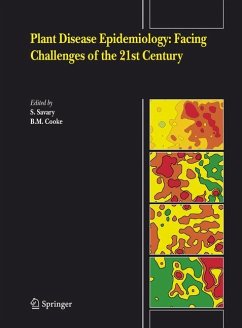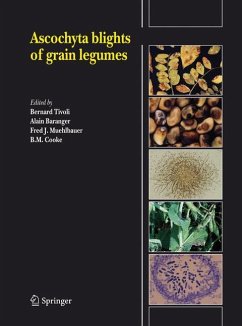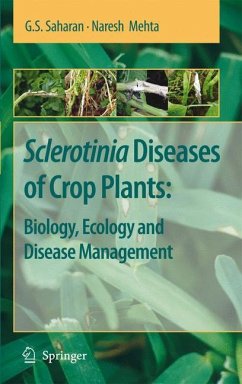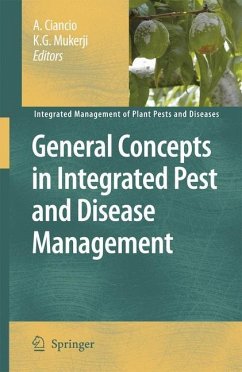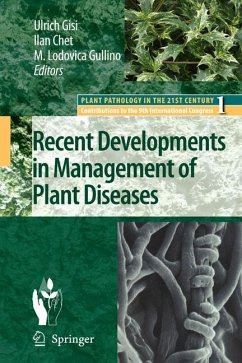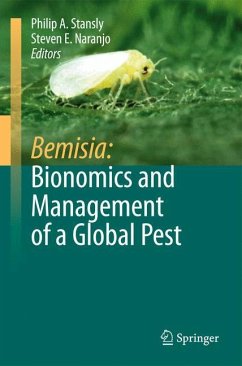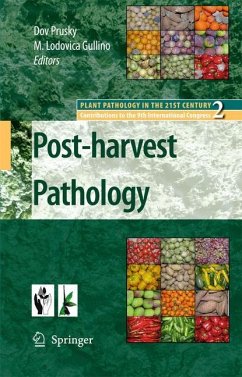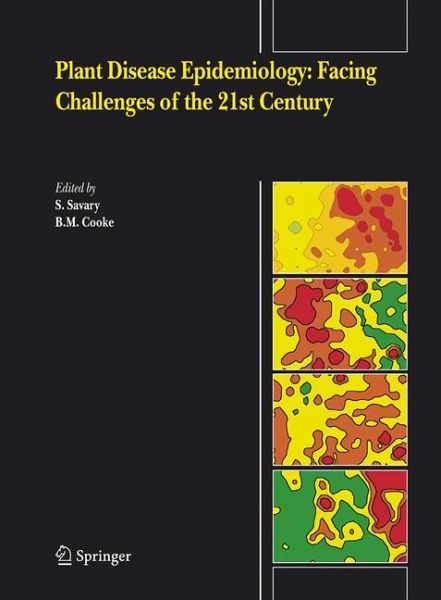
Plant Disease Epidemiology: Facing Challenges of the 21st Century
Under the aegis of an International Plant Disease Epidemiology Workshop held at Landernau, France, 10-15th April, 2005
Herausgegeben: Savary, S.; Cooke, B. M.
Versandkostenfrei!
Versandfertig in 1-2 Wochen
77,99 €
inkl. MwSt.

PAYBACK Punkte
39 °P sammeln!
Plant disease epidemiologists have a strong scientific tradition in studying climate-pathogen-disease relationships. Biodiversity is also of global concern. The decline of global biodiversity that is currently taking place has been referred to as the sixth great extinction process our planet has experienced during its history, but this time, it is man-made. Generations of plant pathologists, and especially, of plant disease epidemiologists, have been dealing with biodiversity. It is from this diversity that presumably the most potent instrument for disease management has been developed by plan...
Plant disease epidemiologists have a strong scientific tradition in studying climate-pathogen-disease relationships. Biodiversity is also of global concern. The decline of global biodiversity that is currently taking place has been referred to as the sixth great extinction process our planet has experienced during its history, but this time, it is man-made. Generations of plant pathologists, and especially, of plant disease epidemiologists, have been dealing with biodiversity. It is from this diversity that presumably the most potent instrument for disease management has been developed by plant pathologists: host plant resistance. Host plant diversity, and the disease resistance genes it harbours, can be deployed over time and space, according to epidemiological principles. Sustainable production and protection systems also need to be devised which could exploit scarcer resources sparingly, and if possible enhance the resource base. Plant disease epidemiologists alone cannot provide answers to such questions, but certainly could significantly contribute to these new strategies. This book provides an overview of some of the latest research in plant disease epidemiology from researchers at the cutting edge of this important discipline.





